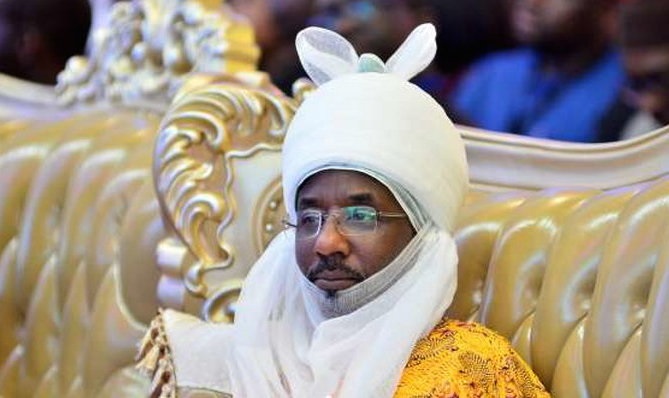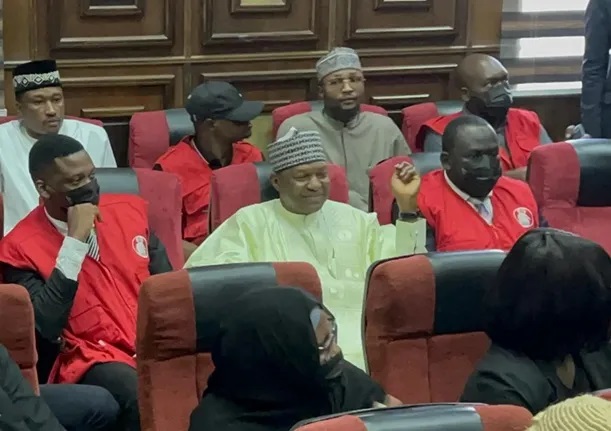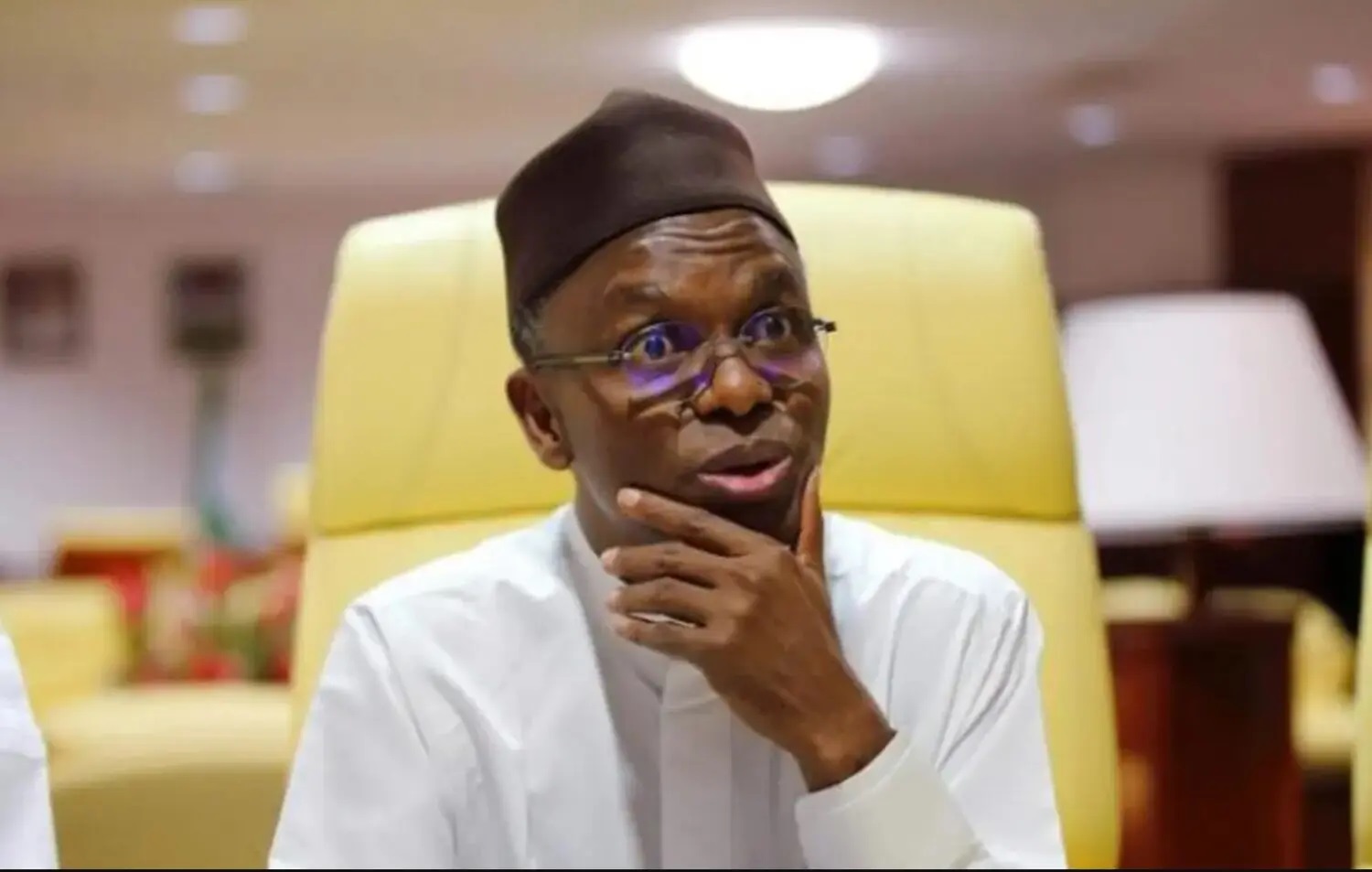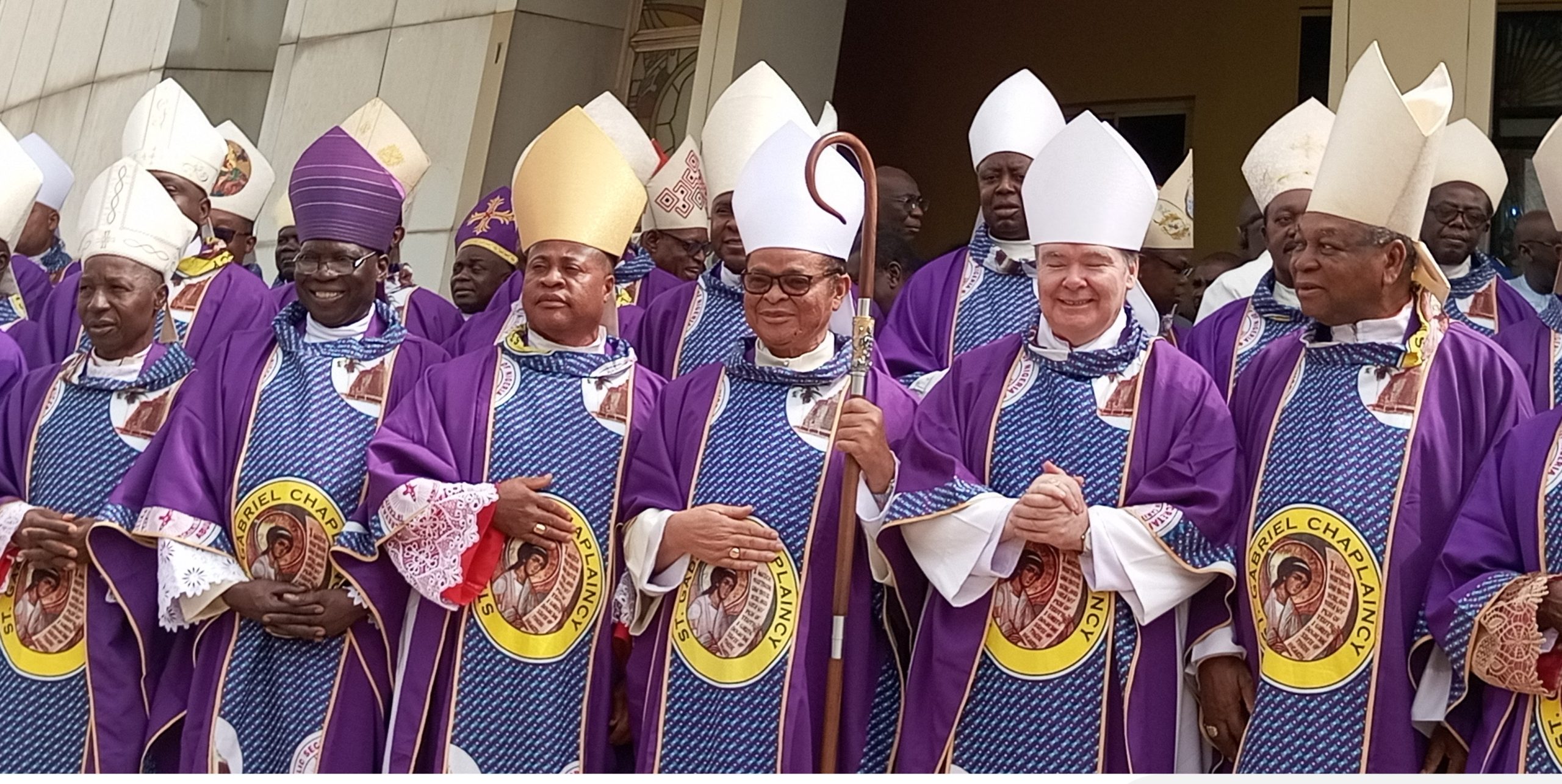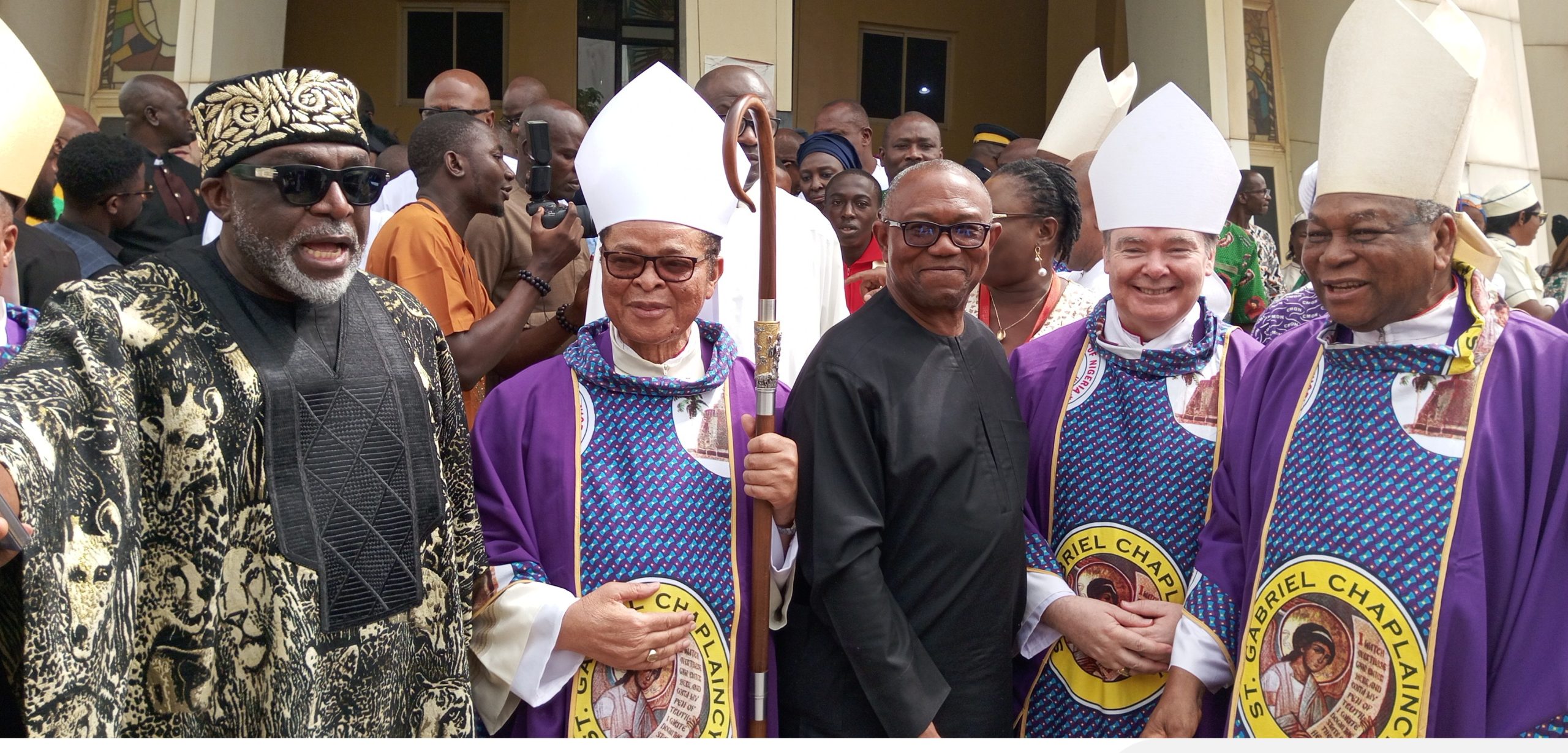The 14th Emir of Kano, His Highness Muhammadu Sanusi II, has said that many of those in positions of authority in Nigeria today were not properly brought up, which explains their involvement in corruption without regard for the future or legacy.
Speaking on Politics Today, a Channels Television programme, Sanusi criticized the current political class, saying that many Nigerian politicians lack values and are not concerned with leaving behind a good name.
“Most people in government today were not well brought up. They have no name or values to protect, and they don’t care how history remembers them,” the former CBN governor said.
He called for a re-evaluation of Nigeria’s moral compass, lamenting how money now dictates the affairs of both public and private life.
Sanusi decried the practice of rewarding corrupt individuals with political appointments or legislative positions, arguing that such actions undermine accountability and national progress.
“Those who steal from public coffers are being compensated with appointments and senatorial seats. This is part of the problem,” he stated.
He stressed that the fight against corruption cannot be won by one person, urging a national reorientation of family and societal values as a necessary starting point.
On the often-blamed civil service, Sanusi argued that politicians are the ones who corrupt the system, not the other way around.
“Civil servants are often scapegoated, but the truth is, politicians corrupt the system. Some civil servants have stood their ground with integrity,” he noted.
He cited the 1975 purge by the late General Murtala Muhammed, which saw 10,000 civil servants dismissed for corruption, noting that no one was removed from the Ministry of External Affairs, where his father served.
“That tells you the quality of service and discipline that existed in certain ministries. We need to protect civil servants who genuinely want to serve,” Sanusi said.
He emphasized the need to shield civil servants from undue political interference, noting they operate under ministers and often lack the autonomy to resist unlawful directives.
On the state of the economy, the Emir lamented that decades of poor policy decisions have plunged Nigeria into its current state of crisis.
“Nigeria spent decades pursuing policies that were detrimental to our development. This is why we find ourselves in such dire economic straits today,” he concluded.

